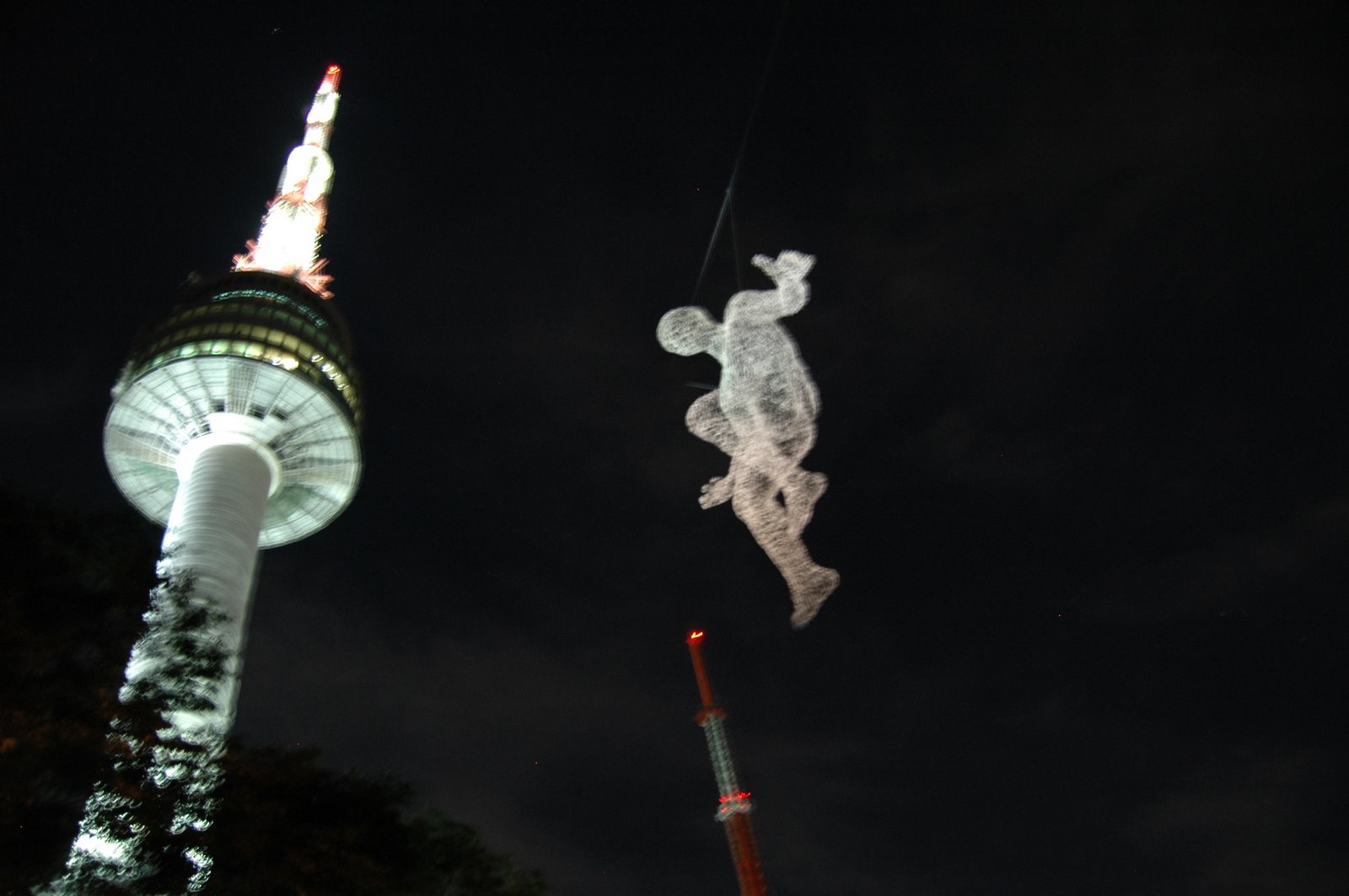
When it’s hot outside nothing cools you down like a bowl of dog stew. On one of the hottest days of the year I checked my phone. I had a text message:
HAVING DOG SOUP IN HONGDAE IF U KEEN
ARE YOU KIDDING?
NOPE…YOU KNOW…WHEN IN KOREA…
For years locals have enjoyed summertime Bosintang. Bosintang literally translates to “invigorating soup” -- one of many foods known as Good For Man. According to Koreans, what’s good for man is dog meat boiled with soy paste, green onion, leek, stalk of taro and red pepper.
The soup is traditionally eaten on the hottest days of the year. As with the chicken soup samgyetang, Koreans believe eating the hot food when the outside temperature rises makes the heat less noticeable.
With the heat index over 40, I met eight friends -- two Korean, six from places where people eat questionable meat but not dog -- at exit #2 of Hongdae Station. Our group was quiet as we walked up the street. We walked slow, barely talking, looking at our feet. A few people made bad dog puns. We were travelers, adventurers -- of those who often said “I’ll try anything once.” Now we were forced to prove it and it felt grim, like being caged.
On the sign out front a smiling woman held a large, white cartoon bone. Typically you would see a cartoon drawing of the animal you’re about to eat. I half expected to see a fattened Goofy. But since the negative international attention Korea got for dog cuisine during the 1988 Seoul Olympics they have hidden their love of dog. Korea banned dog meat during the Games by invoking a law prohibiting the sale of "foods deemed unsightly." After the Olympics, the ban was not strictly enforced.
As we came to the doors of the restaurant somebody said, “Looks a bit dodgy.”
We walked in. The restaurant was empty with the faint smell of wet pooch. We took a table in the back and sat cross-legged on mats. The Korean man with us ordered dog for eight. (One of the group chickened-out, literally, and ordered samgyetang.)
We waited for the food by sharing stories of the strangest food we had eaten. It was like we were at the zoo -- people talking about kangaroos, crocodiles, testicles, buffalos, cats, etc.
“We’re going to get some soju before this, right?” I asked.
Despite the palpable dread, it was late in the evening and I was hungry. The first batch of meat came on plates in chunks wrapped loosely in steamed kale and seasoned with red pepper. We ordered beer and soju and I made sure I had a shot before we started.
I used my chopsticks to pick up a piece of meat. It was dark, thick and about three inches long.
“My mom used to run a dog restaurant,” the Korean man said. “I eat this many times.”
Nutritionally, 100 grams of dog meat has 20 grams of fat and 19 grams of protein. The meat is high in iron, phosphorous, niacin and riboflavin.
I put the piece in my mouth and chewed. It was tough and tasted slightly of lamb. I thought about spitting it out, but like a good traveler I swallowed it. Then I understood how a Third World country would find eating dogs economical -- after I ate a single piece I was no longer hungry.
For the second course, the woman brought out bowls of red, steaming Bosintang. The broth of the soup tasted like other Korean meat stews. But I stayed away from the meat. I ate my rice and that was enough.
The meal cost 14,000 won ($13) and I walked out feeling little cooler than when I walked in. Now, when I see dogs on the street I don’t think “you’re cute” or “you look ferocious” -- instead, I think “you’re not delicious.”





1 comment:
haha. so you ate the dog meet. i don't want to blame my traditional custom "eating dog" but i wish they could kill them kindly. and your last phrase was clever- you are not delicious! hahahaha
Post a Comment